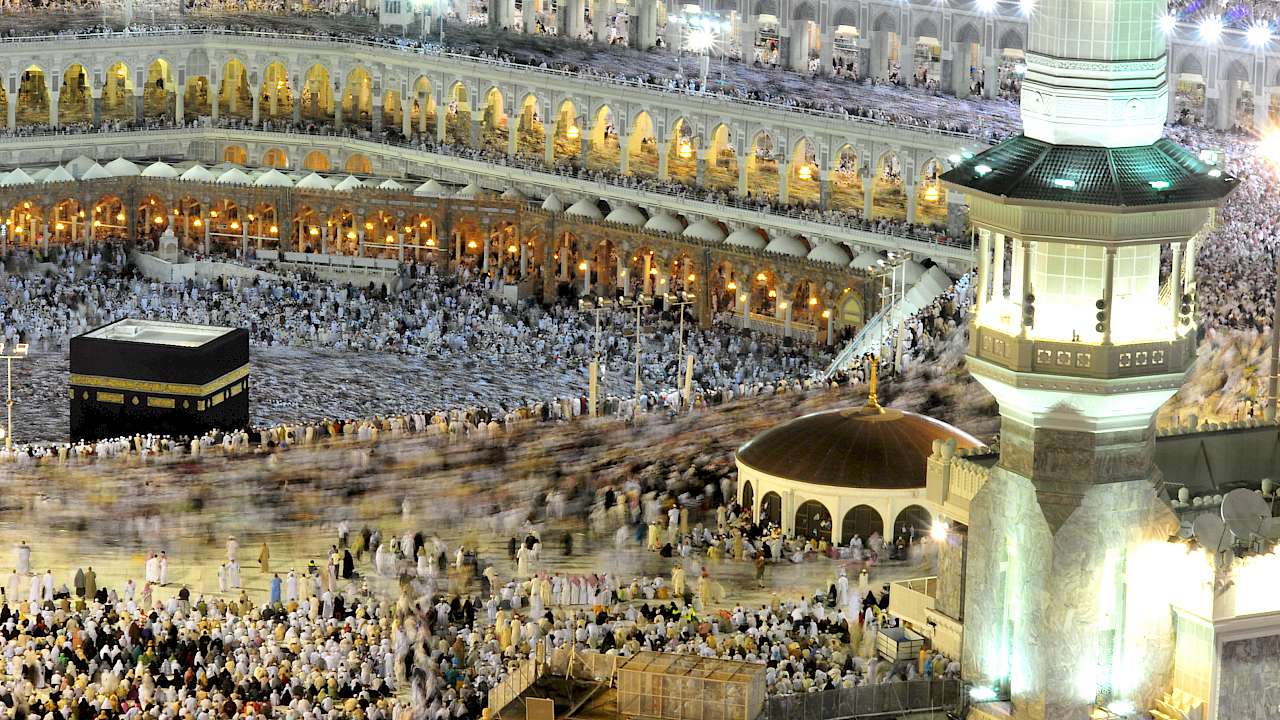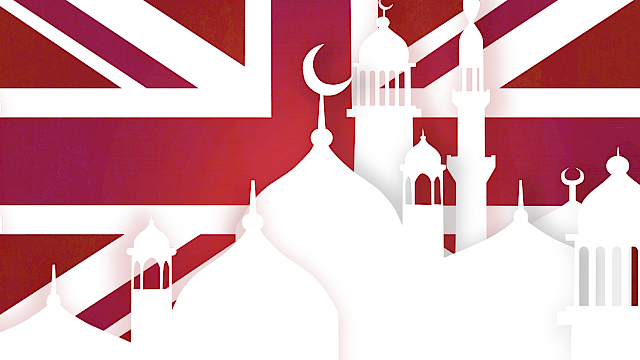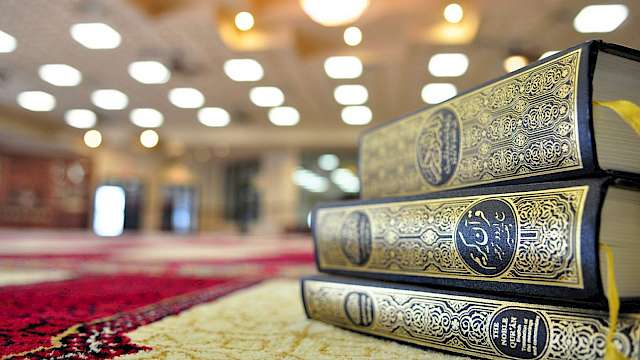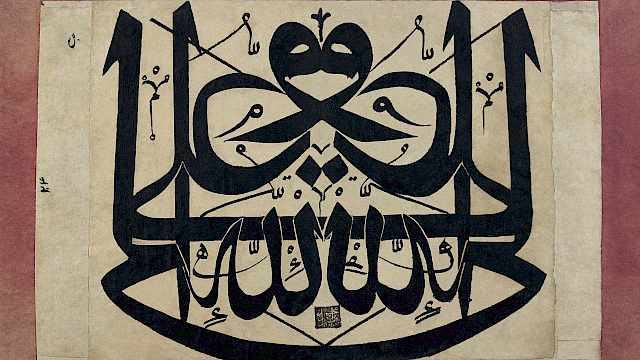The five pillars constitute the basic requirements of Islamic practice and are accepted by Muslims globally, irrespective of ethnic, regional or sectarian differences. They are:
- Shahada — The declaration of faith
- Salah — Prayer
- Zakat — Alms-giving
- Sawm — Fasting
- Hajj — Pilgrimage
Knowing something about the five pillars and their significance for Muslims isn’t just important to correct misunderstandings about what Muslims believe, it is also important in the work environment and for good working relations. For example, Muslim colleagues may request breaks and a space for prayer as well as support whilst fasting during Ramadan or annual leave at the time of the Hajj. These are important issues for all Muslims and not markers of fundamentalism. Understanding this better can help overcome prejudices about Muslims.
Key points
The five pillars guide the religious lives of Muslims globally and are a key part of a Muslim’s religious identity.
They are considered obligatory for all committed Muslims, male and female.
They are an important part of the law governing Islamic conduct.
They are a unifying feature of Islam and are adhered to by all Muslims whether Sunni, Shi‘a or Sufi, with only minor differences.
They are referred to repeatedly in the Qur’an, but not altogether in a single chapter.
Copyright Information
As part of CREST’s commitment to open access research, this text is available under a Creative Commons BY-NC-SA 4.0 licence. Please refer to our Copyright page for full details.






